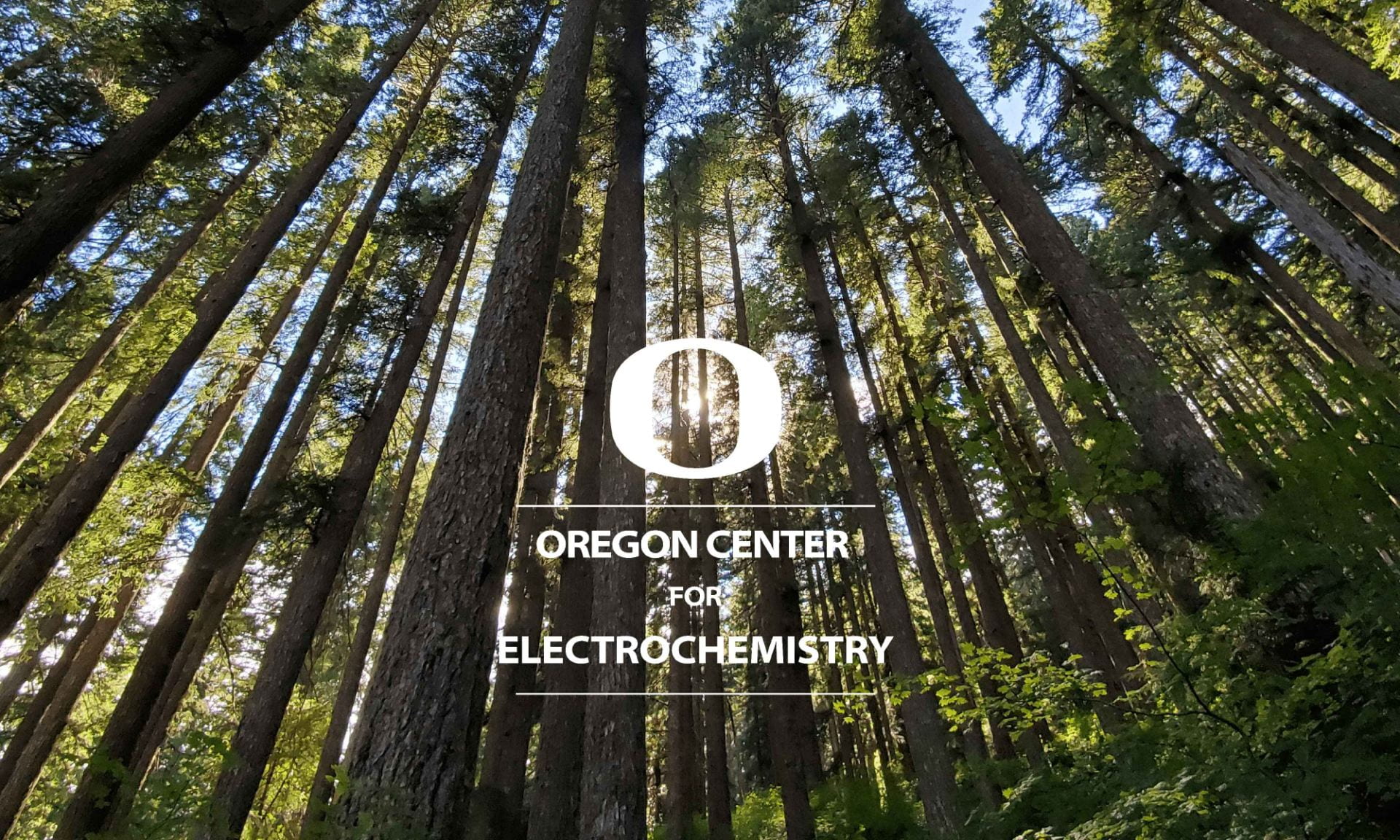 Dr. Shelley Minteer is a Professor of Chemistry and the Director of the Kummer Institute Center for Resource Sustainability at Missouri University of Science and Technology. She is also the Director of the NSF Center for Synthetic Organic Electrochemistry. She received her PhD in Analytical Chemistry at the University of Iowa in 2000 under the direction of Professor Johna Leddy. After receiving her PhD, she spent 11 years as a faculty in the Department of Chemistry at Saint Louis University before moving to the University of Utah in 2011 to lead the USTAR Alternative Energy Cluster. She was a Technical Editor for the Journal of the Electrochemical Society (2013-2016) and also an Associate Editor for the Journal of the American Chemical Society (2016-2020) before becoming the inaugural Editor-in-Chief of the ACS Au Journals. She has published greater than 450 publications and greater than 550 presentations at national and international conferences and universities. She has won several awards including the Luigi Galvani Prize of the Bioelectrochemical Society, International Society of Electrochemistry Tajima Prize and Bioelectrochemistry Prize, Grahame Award of the Electrochemical Society, Fellow of the Electrochemical Society and the International Society of Electrochemistry, American Chemical Society Division of Analytical Chemistry Award in Electrochemistry, and the Society of Electroanalytical Chemists’ Young Investigator Award and Reilley Award. Her research interests are focused on electrocatalysis and bioanalytical electrochemistry. She has expertise in biosensors, biofuel cells, electrosynthesis, and bioelectronics.
Dr. Shelley Minteer is a Professor of Chemistry and the Director of the Kummer Institute Center for Resource Sustainability at Missouri University of Science and Technology. She is also the Director of the NSF Center for Synthetic Organic Electrochemistry. She received her PhD in Analytical Chemistry at the University of Iowa in 2000 under the direction of Professor Johna Leddy. After receiving her PhD, she spent 11 years as a faculty in the Department of Chemistry at Saint Louis University before moving to the University of Utah in 2011 to lead the USTAR Alternative Energy Cluster. She was a Technical Editor for the Journal of the Electrochemical Society (2013-2016) and also an Associate Editor for the Journal of the American Chemical Society (2016-2020) before becoming the inaugural Editor-in-Chief of the ACS Au Journals. She has published greater than 450 publications and greater than 550 presentations at national and international conferences and universities. She has won several awards including the Luigi Galvani Prize of the Bioelectrochemical Society, International Society of Electrochemistry Tajima Prize and Bioelectrochemistry Prize, Grahame Award of the Electrochemical Society, Fellow of the Electrochemical Society and the International Society of Electrochemistry, American Chemical Society Division of Analytical Chemistry Award in Electrochemistry, and the Society of Electroanalytical Chemists’ Young Investigator Award and Reilley Award. Her research interests are focused on electrocatalysis and bioanalytical electrochemistry. She has expertise in biosensors, biofuel cells, electrosynthesis, and bioelectronics.
Abstract: Enzymatic Bioelectrocatalysis for Electrosynthesis
In the last 5 years, there have been extensive studies and new materials designed for interfacing biocatalysts with electrode surfaces for applications in energy storage and electrification of the chemical industry. This talk will discuss electroanalytical techniques for studying biocatalysis, including both mediated enzymatic bioelectrocatalysis and direct enzymatic bioelectrocatalysis. The talk will discuss electrode materials innovation for interfacing complex proteins with electrode surfaces as well as using them for electrosynthesis of ammonia as well as other value-added products (i.e. chiral amines, chiral imines, polymers, etc.) with a focus on sustainability in the chemical industry. Finally, this talk will discuss the use of synthetic biology for microbial bioelectrosynthesis of ammonia and other value-added products, as an alternative to enzymatic bioelectrocatalysis.
